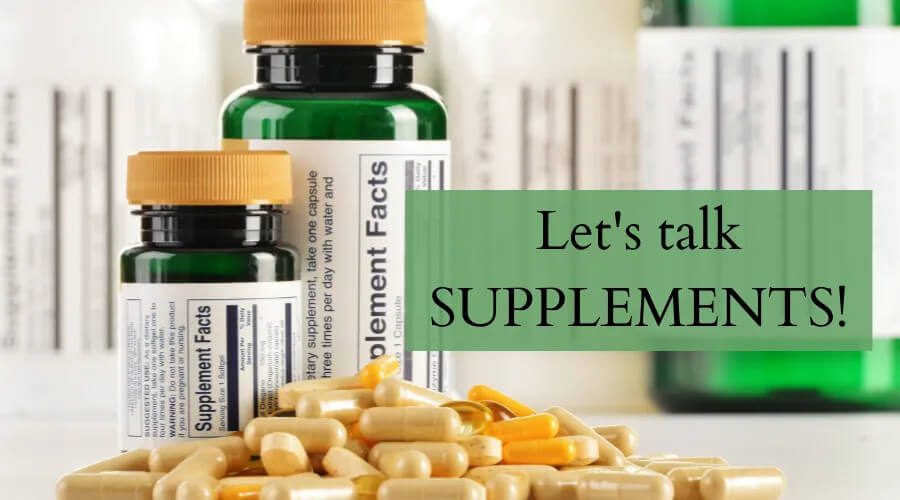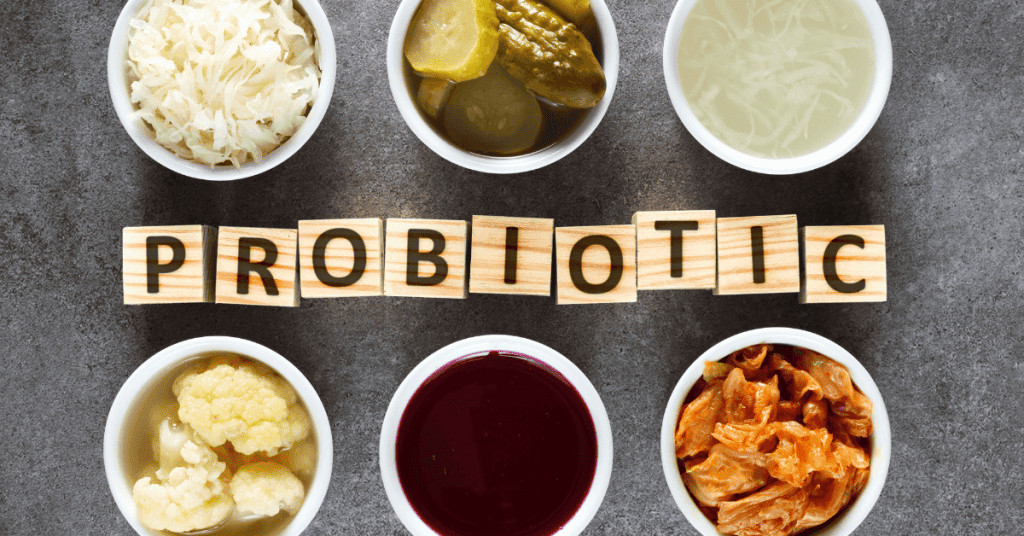
Often in my practice I recommend various dietary supplements for healing and correcting imbalances. When it comes to selecting dietary supplements, quality truly does matter. The supplement industry is largely unregulated, so ensuring safety, effectiveness and accuracy in labeling is vital. Not all supplements are bad, but there is a long history of some shady practices in some companies. It’s important to buy from reputable, certified and independently tested manufacturers.
Most people think of supplements as vitamins, but there are many other supplements that can be used to rebalance the body – herbs, antimicrobials, minerals, anti-inflammatories, amino acids, enzymes, botanicals, and more. They can come in a variety of forms – capsules, tablets, gel caps, liquids, oils, gummies, powders, teas, and topical products.
Supplement Industry History
The FDA performs inspections of manufacturing facilities, which is some level of regulation and checks, though many problems still slip through if this is the only inspection done.
In 2019, the FDA inspected 598 dietary supplement manufacturing facilities and over half of them were cited for noncompliance with current Good Manufacturing Practices (cGMPs), even though compliance is mandatory by law. Only a fraction of facilities are inspected in any given year, so practices can easily stray from the standards. During the COVID pandemic, even fewer inspections were done (none to be exact).
The good news is that these numbers have improved over the years. In 2012, 70% received citations for not following cGMPs. But we’re still a long way from solid, quality work.
The types of infractions vary from facility to facility, but the most common problems included not having product specifications for purity, identity, strength, and/or composition of the final product, not establishing or following written procedures for quality control, and not producing records for each batch describing the production and control of each batch.
These are all procedural infractions (which is primarily what the FDA is checking), but we’ve all heard the news stories of supplements being tested that didn’t contain any of the listed ingredients, had toxins contamination, or had wildly inaccurate dosages. These aren’t just sensational headlines – these problems really do happen in many manufacturing facilities. That is the value of third-party, independent testing. These tests look directly at the product, looking for contamination, purity, accuracy of the label, and quality of the ingredients.
Dietary Supplements: Finding Quality
There are a few recommendations for finding a quality supplement company:
- Use trusted suppliers that share their company’s values, testing procedures, certifications, and industry research proudly on their website.
- Use products recommended by healthcare professionals who have spent years working with various products and can attest to their quality and effectiveness.
- Look for third-party certifications on products. Common certifications can include gluten-free, Non-GMO, organic, vegan, and the National Sanitation Foundation.
- Use a reputable online dispensary that has high standards for the products they sell.
Conclusion
Supplements play a vital role in the healing protocols I recommend for my clients. With all of the safety and manufacturing problems, I do not recommend that you buy your products at local grocery stores or online stores like Amazon. The products I personally take and recommend are pharmaceutical-grade products that must be purchased through a qualified healthcare professional (like me). I’d be happy to answer any questions you have or help you place an online order for a reputable product whether you’re looking for a multivitamin or a comprehensive protocol. Set up your free account here.





















0 Comments